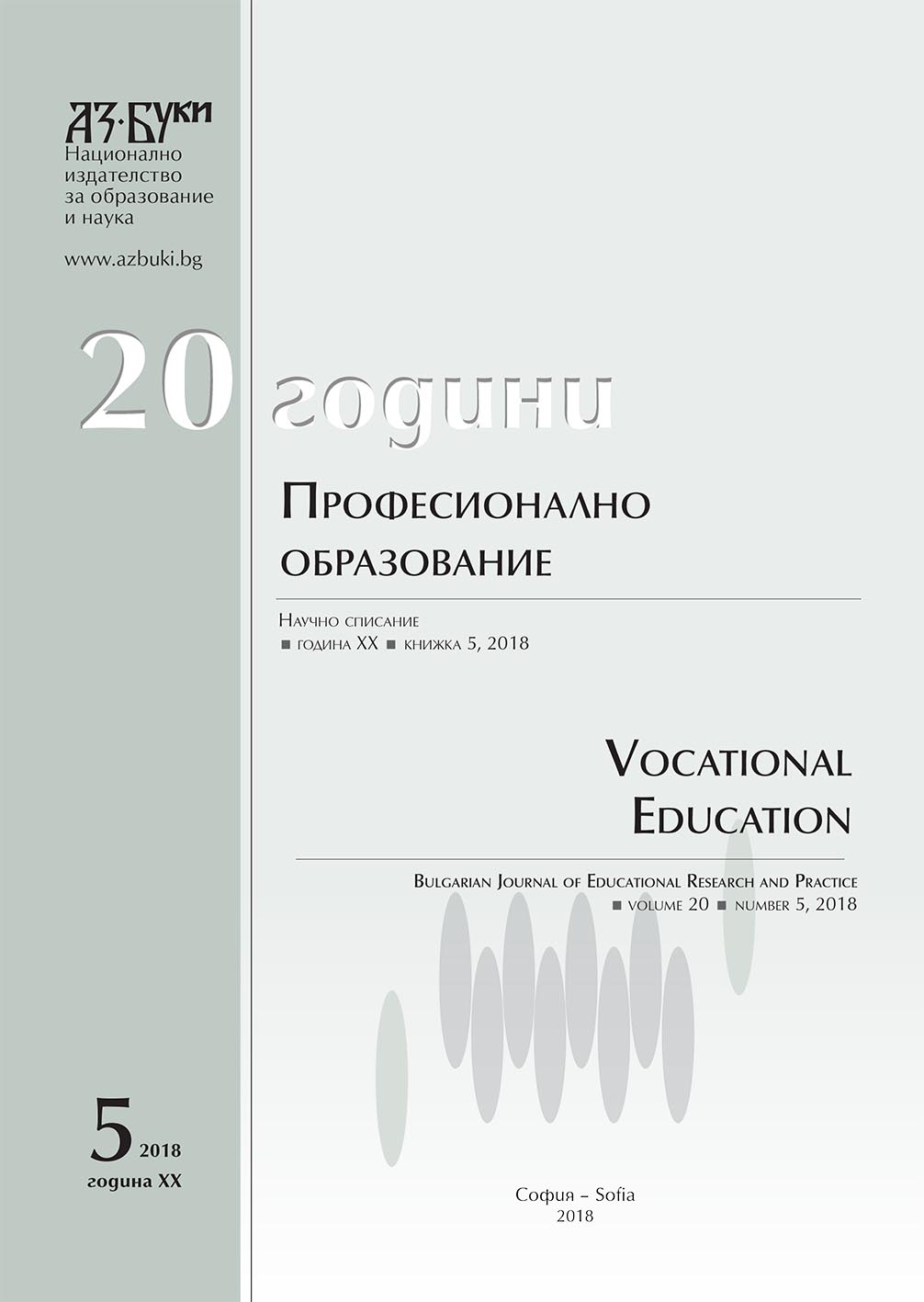Кои са най-ефективните преподавателски методи в обучението по природни науки (и по-големият брой учебни часове означава ли непременно по-високи резултати – по данни на PISA 2015)
Which are the Most-effective Teaching Methods in Learning Natural Sciences – according to PISA 2015
Author(s): Svetla PetrovaSubject(s): Social Sciences, Education, Sociology, School education, Vocational Education, Adult Education, History of Education, Educational Psychology, State/Government and Education, Evaluation research, Social development, Social differentiation, Family and social welfare, Social Informatics, Economic development, Social Norms / Social Control, Inclusive Education / Inclusion
Published by: Национално издателство за образование и наука „Аз-буки“
Keywords: PISA; large-scaled assessment; teaching methods; science teaching; secondary education
Summary/Abstract: The article analyzes the relationship between teaching methods and their effectiveness in the science learning. It is based on the science component of the Programme for International Student Assessment (PISA). In most educational systems participated in PISA, including Bulgaria, using teacher directed and adaptive instruction is associated with better scores on science. By contrast, inquiry-based instruction is associated with lower achievement in science. Why is that? Does it mean that the PISA findings do not support the conviction that the development of science skills through inquiry is a vital part of learning science in school. These are the questions that are investigated in the article. The author is a PISA 2015 National Project Manager in Bulgaria.
Journal: Професионално образование
- Issue Year: 20/2018
- Issue No: 5
- Page Range: 475-488
- Page Count: 14
- Language: Bulgarian
- Content File-PDF

